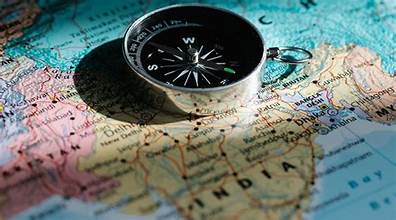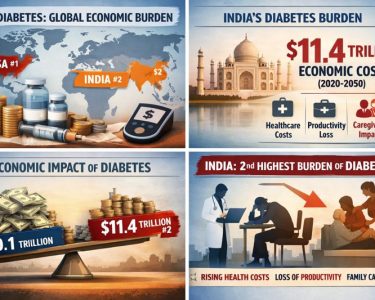Strong Support from Turkiye to Pakistan
In the latest India-Pakistan military conflict, Turkiye openly backed Pakistan, offering clear support both before and after the clashes. Sources close to Ankara said Turkish military cargo planes delivered supplies to Pakistan, although officials denied these reports. This move shows Turkiye’s shift from its “Asia Anew” policy, placing security over trade in its South Asia strategy.
Erdogan’s Firm Stand
Turkish President Recep Tayyip Erdogan has repeatedly expressed solidarity with Pakistan. His statements reflect Turkiye’s strong alignment with Islamabad on South Asian matters. This is not a one-time decision — it marks a permanent shift in Turkiye’s regional approach, where security interests now guide foreign policy.
Turkiye’s New Vision: A “Securitised South Asia”
Turkiye now sees South Asia as a region directly linked to its national security. Since the Indian military strikes, nearly all Turkish statements have criticised India, warning that such moves increase the risk of a full-scale war. Among Muslim nations, only Azerbaijan joined Turkiye in publicly condemning India’s actions.
Shared Struggles: Turkiye and Pakistan
Both Turkiye and Pakistan have experienced declining influence in Western security alliances after the Cold War. With NATO allies restricting access to top-tier defense technology, Turkiye has faced setbacks — notably being excluded from the F-35 fighter jet program after buying Russian S-400 missiles.
Similarly, Pakistan now relies heavily on Chinese defense equipment, following reduced Western support. This has brought Turkiye and Pakistan closer, though their partnership isn’t solely based on India.
Is Turkiye Sacrificing India Ties for Pakistan?
Ankara seems to have chosen Islamabad over New Delhi, despite previous efforts to keep ties balanced. Pakistan has now become Turkiye’s top defense partner outside NATO. However, this has led to strained relations with India, which sees Turkiye’s support for Pakistan on Kashmir as a major diplomatic hurdle.
In contrast, countries like Saudi Arabia and the UAE have managed to maintain neutral ties with both India and Pakistan — something Turkiye has struggled with.
Low Point in India-Turkiye Relations
From 2019 to 2022, India and Turkiye witnessed their worst diplomatic phase, especially after India revoked Article 370, changing Jammu and Kashmir’s special status. Turkiye’s strong criticism prompted a media and diplomatic war between the two nations.
India responded by strengthening ties with Turkiye’s rivals, including Iran, Greece, Cyprus, UAE, Israel, and Armenia — the latter being supported by India in its war with Azerbaijan, where Turkiye and Pakistan had taken a clear side.
Turkiye’s Expanding Defense Footprint in Asia
Turkiye is now actively expanding its defense exports in Asia, winning over new allies whose security interests don’t align with India. This growing influence could pose a challenge to India’s strategic interests in its neighborhood.
India’s Changing Foreign Policy
India is now focused on “Atmanirbhar Bharat” (self-reliance), with foreign policy centered around “India First” — a concept that some experts describe as “India Alone”. This marks a shift from the Gujral Doctrine, where India aimed to support neighbors without expecting returns.
India now sees itself not just as a nation-state but as a civilisational power, leading to conflicting foreign policy goals.
Regional Power Struggles
While China uses the Belt and Road Initiative (BRI) and Turkiye promotes its Ottoman legacy, India has stepped away from regional forums like SAARC, leaving room for outside powers like Turkiye, China, and the US to gain influence in South Asia.
This has allowed neighboring countries to reduce their dependence on India, welcoming new defense and economic partnerships.
Time for India to Rethink Its Turkiye Strategy
The growing Turkiye-Pakistan defense cooperation is now a reality India can’t ignore. Unlike India, which lacks a clear long-term Turkiye policy, Ankara has made its position clear.
To counter Turkiye’s expanding role, India may need the support of key Muslim nations, such as Saudi Arabia, Iran, and Indonesia, to balance Ankara’s ambitions in South Asia.







